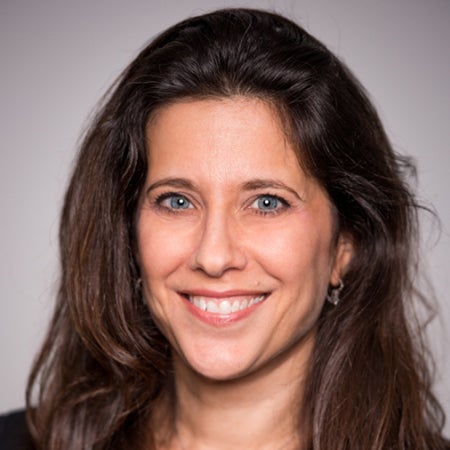
Miriam Lefkowitz
CHIEF LEGAL OFFICER/CHIEF COMPLIANCE OFFICER
SUMMIT FINANCIAL RESOURCES, INC./SUMMIT EQUITIES, INC.
PARSIPPANY, NJ
USA
COMMITTEE AFFILIATION: FINANCIAL SERVICES
Like many lawyers, I fell into my specialty after receiving my legal education. I hadn’t taken a single securities or compliance course while in law school, which I quickly regretted. Yet, the first case handed to me at my Miami law firm was a securities case for a NJ-based broker-dealer. Seven years later, I would join that firm as its chief compliance officer and first general counsel.
Since 2002, I have worked as the initial general counsel (or CLO) for three asset managers, which has been very rewarding. My current role is as chief legal officer of Summit Equities, Inc./Summit Financial Resources, Inc., a dually registered broker-dealer-investment adviser that specializes in financial planning and model portfolio asset management.
What interested you in the in-house practice of law and how did you come to be an attorney at Summit?
Before I attended law school, I worked at a large consulting firm. I was not a consultant (which was referred to as “practice” and really meant the revenue producers). Rather, I was a staffing coordinator (referred to as a “practice management role” — which was code for overhead). When I left to attend law school, I decided I wanted the glory role of being on the front lines of a company — which, for a lawyer, meant working at a firm and bringing in clients. After a few years at a great firm, which had some terrific clients, and then a stint at the SEC, I realized that I preferred practice management after all. I particularly enjoy knowing that all of my efforts directly help a single entity and helps that company move forward to face new opportunities.
I joined Summit because the company where I had been working previously had developed a more mature legal department and I wanted a different challenge.
What is the single greatest challenge that your law department is facing today, and how are you dealing with it?
I think that keeping up with the pace of regulatory change in the asset management space is tough. Particularly because so many solutions rely on different technologies that do not always integrate as much as I would like.
In October 2015, you were elected chair of the Financial Services Committee. How did you initially get involved?
I was involved with the Corporate & Securities Committee for a number of years and I did regulatory updates on issues affecting financial services firms regulated by the SEC and FINRA at the calls each month. Eventually, I realized that if I wanted to focus on such firms, I should make my home with the FSC.
What are some of the ways that the Financial Services Committee provides value to its members?
There really are quite a few. The legal quick hits are great. This year, we tried some thematic LQHs based on developments at the Department of Labor (fiduciary duty rule, Wages and the Fair Labor Standards Act (FLSA) updates, and independent contractor classifications) because those issues touch so many of the industry groups represented by the FSC membership. At each call, Pete Michael from Greenberg Traurig, FSC’s law firm sponsor, presents a terrific overview of significant regulatory developments throughout the financial services universe — including key enforcement cases, litigations developments, regulatory proposals, etc. He includes a page of links to some excellent primary and secondary resources every month.
What substantive practice issues does your committee address?
Since we have so many different industry groups under the financial services umbrella, we have tried to address topics that span a few of them. As noted above, the guidance regarding FLSA is relevant to all employers.
How has the Financial Services Committee helped you in your career?
I have had the opportunity to work with ACC’s advocacy team to help to protect in-house practitioners — which is a matter of great importance to me. I have been introduced to topics that at first blush do not seem like they apply to my companies. As I learn more, I realize that they do.




